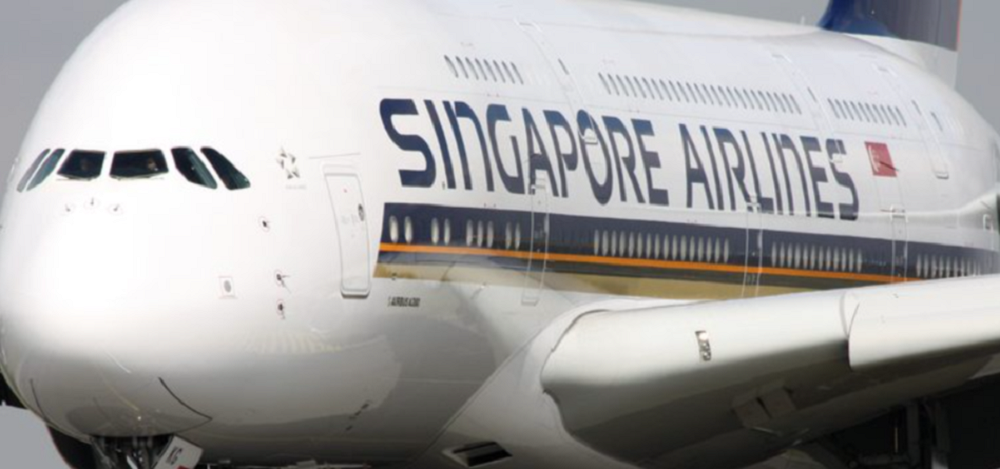The following is an excerpt of an article posted on Daily Yomiuri Online.
By Ayako Hirayama / Daily Yomiuri Staff Writer
This is the first installment of a two-part series about issues in Southeast Asia, a region that has attracted increasing attention from Japan as a promising market and rapidly growing political partner. The first installment looks at Singapore’s open-door policy and one of its apparent results, brain drain.
Xu Yuan Shao was not satisfied with his life in Singapore. Year after year, his frustration grew with the city’s crowds, shallow materialism and limited career prospects.
So instead of waiting for the government to provide a solution, he took action. He left.
“Residing overseas will definitely broaden our horizons,” said the 28-year-old, who started a new career as a coordinator for international relations at the Kagoshima prefectural government in September. “I think this is especially important for Singaporeans, who are highly shielded by our government.”
Singapore has been heralded by many as a model of success. Lauded for its graft-free business climate and highly developed infrastructure, it has successfully branded itself as a clean, safe and prosperous Asian commercial hub that has attracted both foreign firms and migrants. As the government intended, foreign workers have helped buoy the city-state’s economy.
According to a Gallup global survey released in August, Singapore ranked for the second consecutive year as the country most attractive to migrants. If everyone who wanted to move there could, its population would triple, the survey showed.
“I would agree that Singapore is probably one of the best places in Asia to live, work and play, but that is only true for the rich and the financially sound,” said Xu, who is also known by the name Kennard. “Ask the common folks who are trying to make ends meet, I wonder if they even think there is room in Singapore for ‘play.’
To read on, click here.






